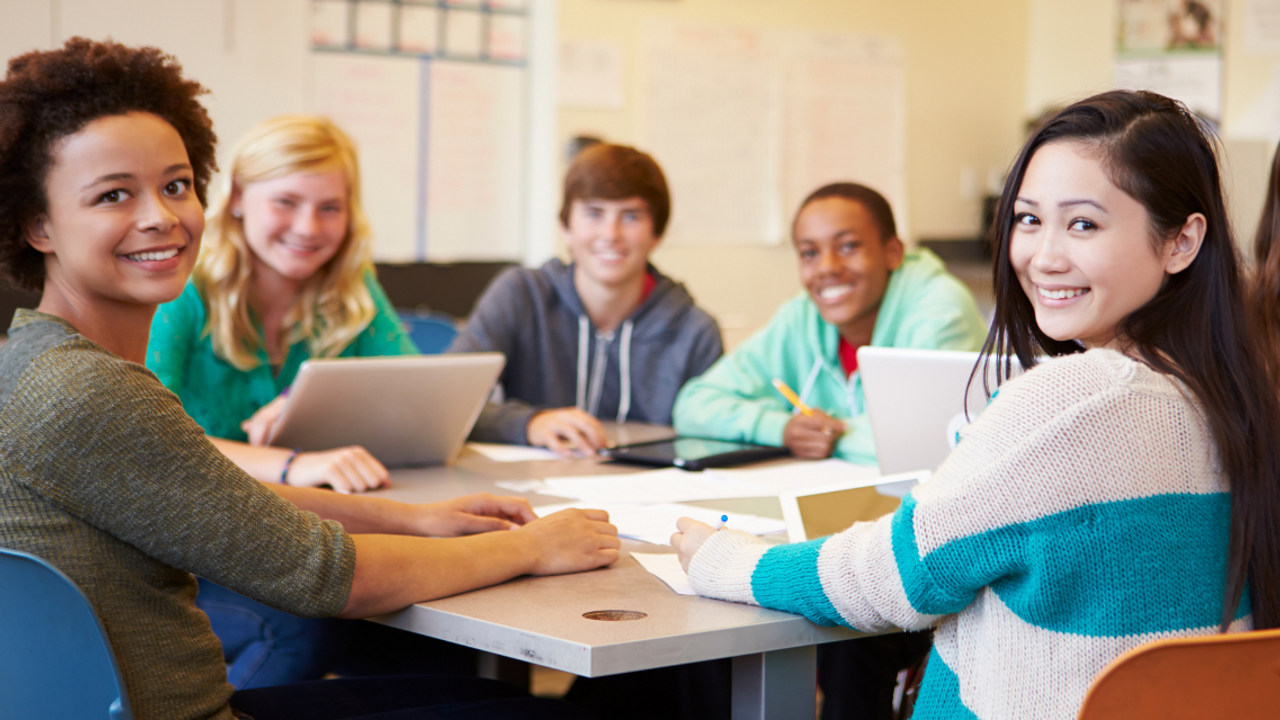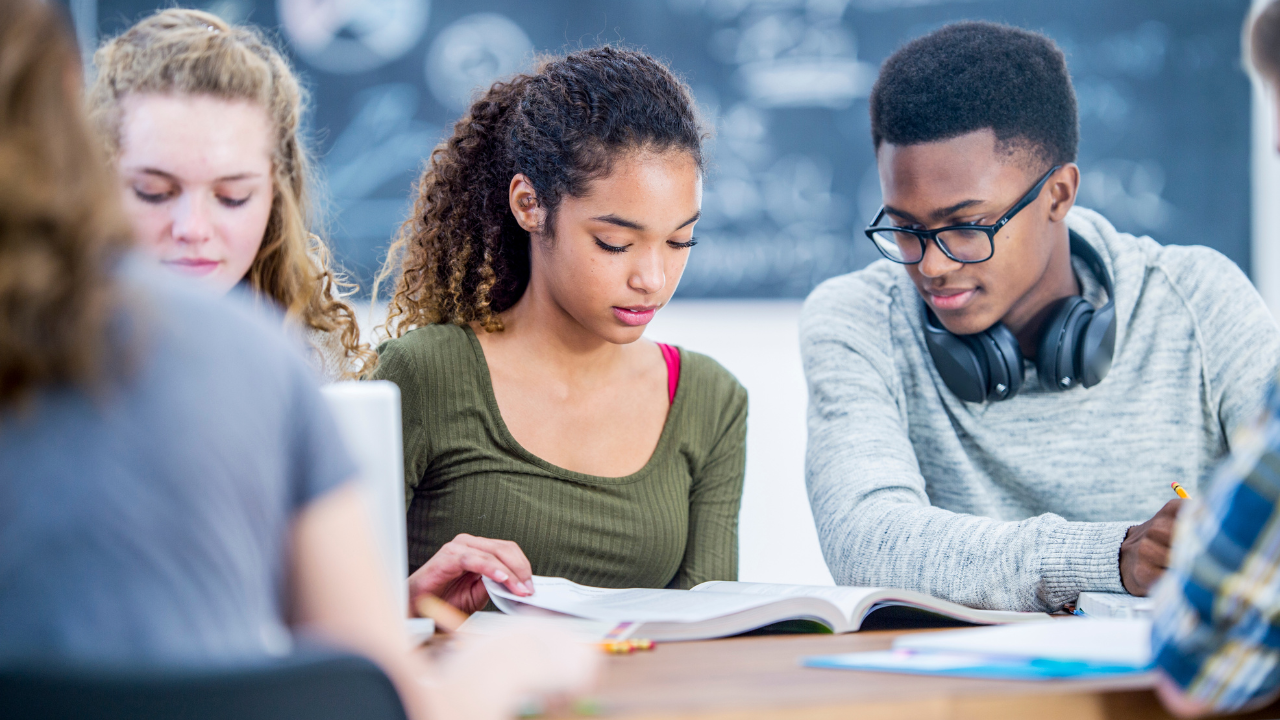Top Resources to Use with Older Students with Dyslexia

A question that we get asked over and over again is how to work with older students who are challenged by reading and writing. We know that educators are seeking better information on how they can work with older students more effectively. And, how they can give these older students who struggle with reading and writing what they need while also honoring where they are in their learning journey.
We want to highlight how important it is to honor these older students' ages while also meeting their needs. This can really be the beauty and challenge of working with older students.
We want to work on closing the gap while remaining mindful of their age, development, and where they are socially.
One of the first challenges you might face working with older students is getting their buy-in. They may be coming to you already frustrated, anxious, overwhelmed, and insecure.
How to Get Student Buy-in
How do we get our older students to buy into the why? One of the ways we do this is by discussing the brain with them. Understanding the way their brain works really helps students to realize that they do need the intervention because it will help them to achieve their goals.
Many older students will get excited to see what they can do when they use different parts of their brains.
You can talk about the brain, its different parts, and its functions, with your students using kid-friendly, age-appropriate language.
Conversations about the brain are not just a one-time thing. This is something you’re going to want to bring up over and over again so that it becomes an easy flow, connection, and builds the buy-in.
This strategy opens up the opportunity to have real conversations with your older students about how you can help them. When they feel comfortable and confident telling you about their struggles at school, you can then share with them strategies that will help them.
These beautiful conversations are what ultimately lead to the self-awareness and self-advocacy they will need throughout their lives.
Check out 4 Ways to Connect Metacognition to Your Literacy Lessons for more ideas about talking with your older students about their brains.

Here are our favorite resources to use with older students:
It can be difficult when working with older students, especially in small groups, to identify the gaps in their foundational skills - in order to move them forward. Keep in mind, the work we’re doing truly is life-saving for these kids.
We have some resources we’d like to share with you so you can share them with your students and help them become more successful.
Decodable Books
Yes, your older students still need decodables and you don’t want them to be babyish. Decodables are a stepping stone to get kids to reading grade-level texts. We like to think of decodable as confidence builders. Here are our favorite decodables to use with older students:
- High Noon Books - These are great high-interest books for struggling readers.
- Saddleback Publishing - These are great for high schoolers. They’ll have more age-appropriate content for older students.
- Simple Words Books - We love these for upper elementary. The stories are super interesting and our students love them.
- Phonic Books - These books engage beginning and struggling readers.
Looking for more info about decodable texts? Read What You Need to Know About Decodable Texts!
Programs
There are so many different programs we can use that are Orton-Gillingham based. If you’re a parent or a practitioner, look and see which will best meet the needs of your student(s). Be aware that some will require specialized training. Here are our favorite programs to use with older students:
- Rewards - This reading intervention program comes to us from Anita Archer. It’s appropriate for older students.
- Megawords - This comes to us from Levels. It’s great for syllabication and unaccented syllables and stress syllables.
- Take Flight - This is Orton-Gillingham based and designed for 2nd grade and up. (Note: it does require specialized training.)
Know that some of these programs are paced differently, so you will want to look at that to ensure it’s a good fit for your student.
For even more ways to support our dyslexic learners, check out our latest episode of the Together in Literacy podcast. If you like what you hear, don’t forget to rate, leave a positive review, and subscribe!
Looking for strategies and resources?
Sign up for our newsletter for news, resources, and freebies delivered straight to your inbox.
We hate SPAM. We will never sell your information, for any reason.
